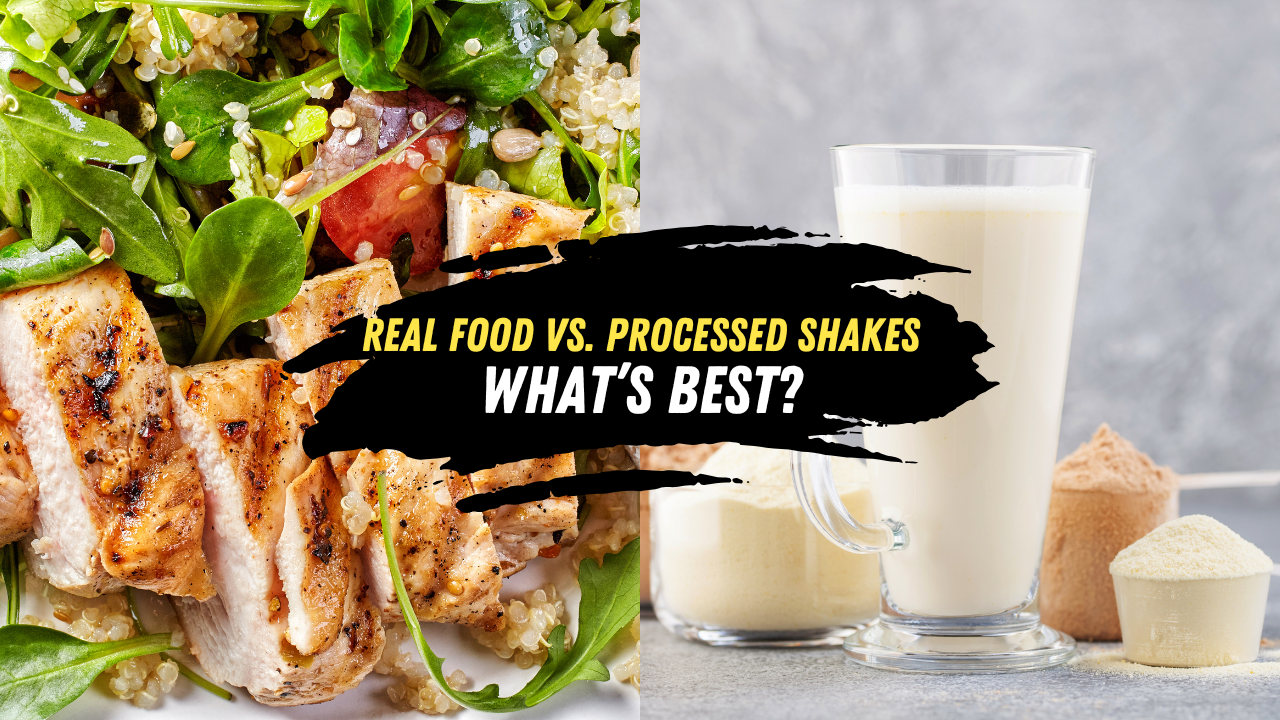Breaking Free from Food Addiction After Bariatric Surgery
Feb 21, 2025

The Reality of Bariatric Coaching
There’s no official school for bariatric coaching. The title ‘coach’ is often given to those with real-life experience rather than formal training. While some certifications exist—such as nutrition coaching—they barely touch on weight loss surgery, leaving most professionals to learn through hands-on experience.
Traditional nutritionists and personal trainers often lack bariatric-specific knowledge unless they work directly in a weight loss surgery center. This gap in education means that many post-op patients seeking guidance are left navigating their journey alone or relying on those who have successfully walked the same path.
Why Processed Protein Products Aren’t the Best Choice
One of the most debated topics in the bariatric community is protein consumption. Many new patients rely heavily on protein shakes and bars in the early stages of recovery. While these products are convenient, long-term reliance on processed protein sources can be problematic.
The Downsides of Pre-Made Protein Products:
- Industrial Seed Oils – Found in many protein shakes, these oils contribute to inflammation and an overabundance of Omega-6 fatty acids.
- Artificial Sweeteners – These can fuel cravings, making it harder for individuals with food addiction to break free from unhealthy eating habits.
- Addictive Patterns – Many bariatric patients struggle with food addiction, yet the community often promotes behaviors that mimic pre-surgery habits, such as replicating sugary coffee drinks or consuming fast food shortly after surgery.
Instead of relying on processed shakes and bars, bariatric patients should focus on whole food sources of protein, which provide better satiety, improved digestion, and long-term health benefits.
Food Addiction and Bariatric Surgery
Food addiction is not officially recognized in the DSM-5, making it difficult for individuals to receive traditional medical support. While binge eating disorder is acknowledged, common treatment methods like moderation often fail those who truly struggle with food addiction.
For many, moderation is not a viable solution. A single processed protein bar or artificially sweetened drink can trigger cravings, leading to a cycle of binge eating. This is why clean eating is a fundamental part of bariatric success for those identifying as food addicts. The key is not just about hitting a goal weight—it’s about sustaining that weight loss for life.
Changing the Way You Think to Change the Way You Eat
Weight loss surgery is often seen as the “last house on the block.” However, surgery alone won’t lead to long-term success. If post-op habits mirror pre-surgery behaviors, results will be short-lived. True transformation begins with a mindset shift—learning to break free from past patterns and adopting a sustainable, whole-food-based approach.
At The Rewrite Lifestyle Center, we work with individuals who have had bariatric surgery and struggle with food addiction. Through structured nutrition guidance, support, and accountability, we help clients regain control over their eating habits and develop new coping mechanisms beyond food.
Related Resources:
- What is the Rewrite Lifestyle?
- Bariatric Meal Plans for Success
- Breaking the Cycle of Food Addiction
External Resources:
Take the First Step Toward Sustainable Weight Loss
Are You Struggling with Food Addiction? Take the First Step Today!
If cravings, binge eating, or emotional eating are holding you back, you’re not alone. Food addiction can impact long-term weight loss, especially after bariatric surgery, including gastric sleeve surgery and bypass surgery. At The Rewrite Lifestyle Center, we help you break free from stress eating and build a sustainable, healthy relationship with food.
👉 Take the Food Addiction Quiz Now! 🚀
Join our bariatric support community for expert tips on bariatric diet, post-bariatric surgery care, healthy eating, and bariatric recipes to fuel your transformation.



